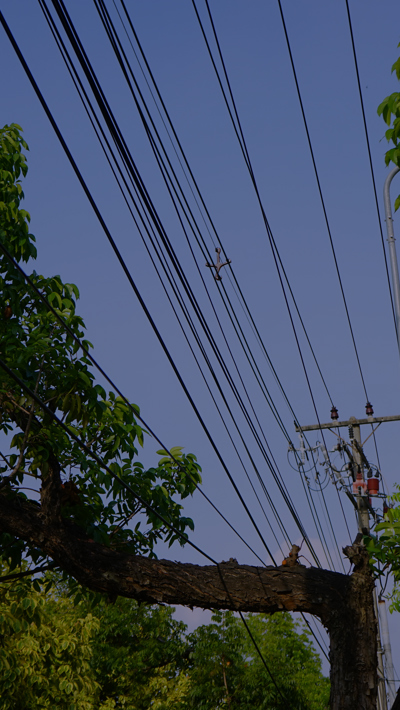Contents
The Government is amending the Crown minerals regime to ensure the cost of decommissioning oil and gas fields is met by the permit or licence holder.
The Crown Minerals (Decommissioning and Other Matters) Amendment Bill had its first reading on 6 July and is expected to pass this year. Submissions can be made to the Select Committee by 19 August.
Context
The trigger event for this legislation is the $155m bill the Crown is facing to decommission the Tui oil field after the permit operator, Tamarind Taranaki Limited, was placed into liquidation in December 2019.
Key provisions
The Bill will apply to all petroleum permit and licence holders, current and future. This includes not only Crown Minerals Act permits, but pipelines licenced under the repealed Petroleum Act. We run through the key changes.
Criminal liability for directors
The Bill introduces criminal liability for directors attracting imprisonment for up to two years or fines of up to $1m. For the company, the penalties are the greater of:
- a fine not exceeding $10m, or
- three times the cost of decommissioning.
Criminal liability arises if the permit holder knowingly does, or fails to do, anything which means it cannot then comply with the decommissioning obligations under the Bill. If a company commits that offence, then its directors are deemed to have also committed the offence.
This applies to all directors in office during the period in which the decommissioning obligations apply – i.e. from the date the Bill comes into force until the time those obligations are fulfilled.
The effect is that directors of a relevant company in 2022 could face criminal liability for a failure by the company to decommission in 2040 even if that director is no longer in office.
We expect these provisions will cause significant anxiety in boardrooms.
Perpetual liability
Permit and licence holders will remain liable for carrying out, and meeting the costs of decommissioning – even after they have transferred the permit or licence to another party should that party fail to meet its obligations.
This change exposes sellers to a potential cost double whammy – first in the form of a lower purchase price to reflect the cost exposure created by the Bill, and later if the purchaser fails to carry out and fund the decommissioning activities.
This concept of perpetual liability had mixed levels of support at first reading, with some MPs concerned that it would unfairly burden those who had in good faith transferred their permit or licence and moved on.
At the very least, this will make transferring permits or licences more intensive and cumbersome – particularly for the seller who will have to undertake substantial financial due diligence in relation to a purchaser’s ability to meet decommissioning costs far into the future.
We expect sale and purchase agreements going forward will include indemnities from the purchaser, indemnifying the seller for any liability under the Bill. However, those indemnities cannot extend to directors of the seller – a point which is explicit in the Bill.
Financial security, monitoring and information requirements
The Bill introduces a requirement for permit and licence holders to hold and maintain financial security in respect of their decommissioning obligations. The form of the security would be decided in consultation with the Minister and would have to be approved by the Minister. The Bill currently contains no guidance as to what form of financial security the Minister is expecting or will prefer.
The Bill also empowers the Minister to carry out more effective monitoring of permit and licence holders to assess their financial capability to meet the costs of decommissioning. To this end, the Bill gives the Minister broad rights to request any information the Minister believes is relevant.
























